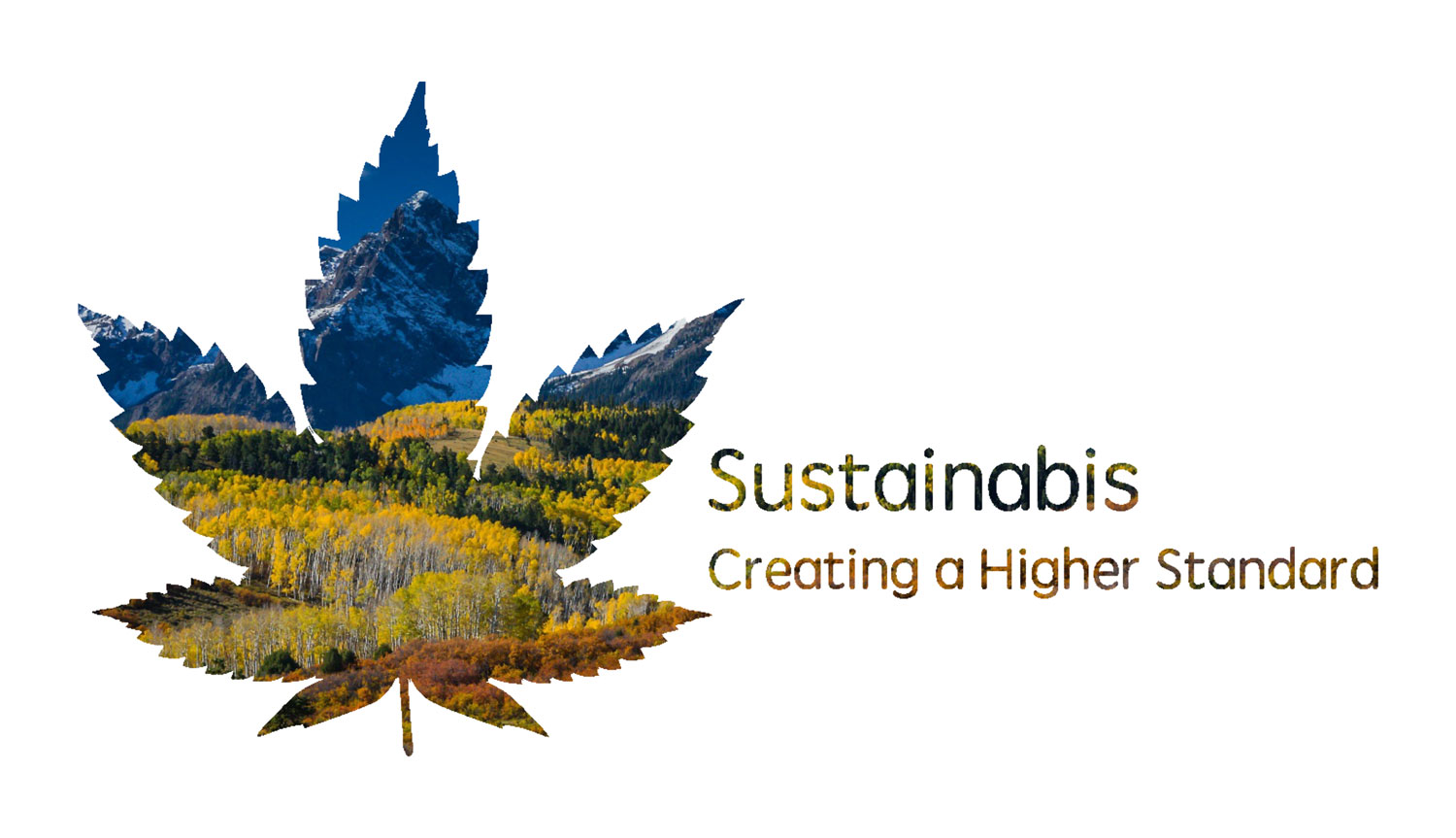The Business Case for Sustainability
Guest Contributor Jake Mitchell, President and Founder of Sustainabis
What is Sustainablity?
We all know protecting the environment is a good thing to do, we all know that it is an important thing to do. So why does it so often get overlooked when making business decisions? Many believe it is simply a matter of perspective, which is why the term Sustainability became more popular in recent years than environmentalism. Sustainability is the application of environmental ideals applied and a realistic in practical sense. By its definition, sustainability means: “the greatest amount of resources, for the greatest amount of people, for the longest time possible.”
Although a short definition, the term means so much more. It means thinking in a cyclical fashion, it means building systems which allow us to work in tandem with the environment, it means social equity and justice, and as we will discuss in this article it means economic prosperity. The business case for sustainability shows that not only is it a good societal cause but also a good one for business success and longevity.
Why Businesses Should Care: The Facts
Companies built on a passion for sustainability reduce the need for resources and associated costs and positions themselves in a class of companies that on average outperforms their less sustainable competitors. "High Sustainability" companies catalogued on the Dow Jones Sustainability Index have an average of 4.8% higher returns on assets and equity than their peers.
University of Oxford and Arabesque reviewed the academic studies on sustainability and corporate performance and found that 90% of 200 studies conclude that good Environmental and Social (ES) standards lower the cost of capital; 88% show that good ES practices result in better operational performance; and 80% show that stock price performance is positively correlated with good sustainability practices. Sustainable companies also have improved risk management and as McKinsey reports that value compromised by sustainability concerns may be as high as 70% of earnings before interest, taxes, depreciation, and amortization. These risks are particularly important to cannabis as an agricultural product because environmental risks take precedence due to their systematic effect on growing and resource related usage (increased HVAC and humidity requirements, increased water demand, and increased energy costs).
Businesses with robust sustainability programs increase employee morale by an average 55% over less sustainable peers and increased employee loyalty by 37% according to the Society for Human Resource Management. Companies that developed environmental standards have seen a 16% increase in productivity.
A company with sustainability integrated into their strategic plan is better positioned to create a dialogue with stakeholders and therefore be more consistently able to anticipate and react to social, environmental, economic, and regulatory changes as they arise. Having a robust sustainability integration in a companies strategy also opens opportunities for long term investment returns and compound savings over time. Something extremely important in the cannabis industry with such sporadic and rapidly changing regulations.
All of these potential benefits from sustainability depend on the base of any company: the customer. Proper marketing of a company’s "story" and "method" is a crucial element in developing a dedicated customer base. 82% of customers in emerging markets believe that they “have a responsibility to purchase products that are good for the environment and society”. Since cannabis is an emerging market this holds especially strong for our industry.
One of the largest examples of this success in marketing is Patagonia and their strategy to "walk the walk" when it comes to sustainable practices and social responsibility. Despite a somewhat alternative approach to business, Patagonia's revenue has continued to increase from $380 million in 2011 to a staggering $750 million in 2017. This is due to a consumer base with loyalty and admiration for a brand.
So next time you consider pitching a sustainable idea to your manager or make a decision to move your company in a more sustainable direction remember, you are not just doing it for the environment but for the business as well. If cannabis can begin doing this now, we can cement this industry as not only a revolutionary one but also as a sustainable one.

